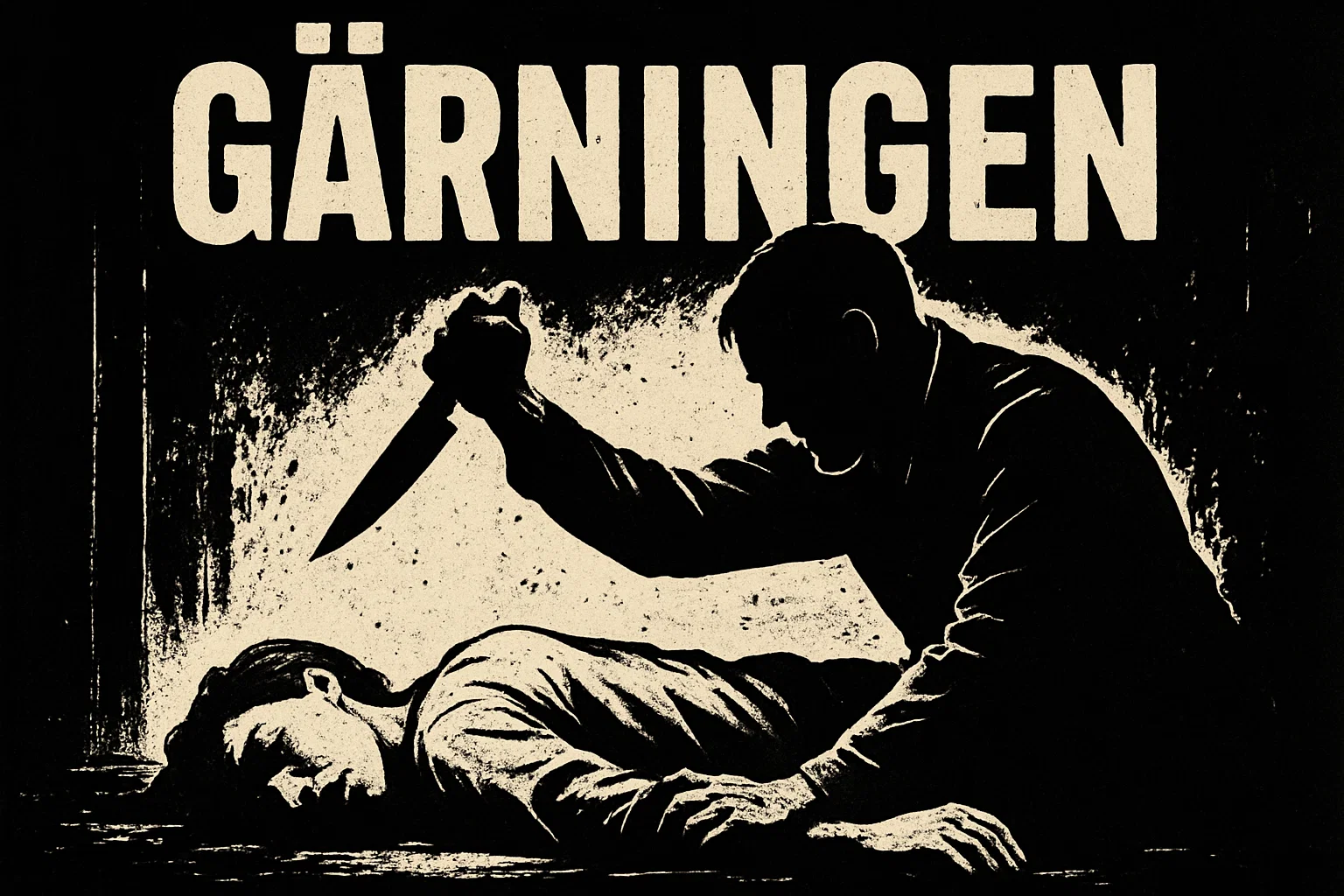In a world where language, culture, and crime stories often intertwine, the Swedish word “gärningen” has surfaced as a powerful and evocative term. It appears in news headlines, crime documentaries, and legal discussions—and even as a title for popular TV series. But what exactly does “gärningen” mean? Why is it significant, and how is it used across different contexts?
In this article, we’ll explore the definition and origins of gärningen, its use in Swedish law and media, and why it resonates with audiences beyond just native speakers.
What Does “Gärningen” Mean?
The Swedish word “gärningen” translates directly to “the act” or “the deed” in English, often referring specifically to a criminal act or offense. It is derived from the verb “göra”, which means “to do” or “to make.” So in literal terms, gärningen refers to “that which has been done.”
In legal or criminological contexts, “gärningen” almost always implies a wrongful or criminal act, such as assault, theft, or murder. It is commonly used in phrases like:
- “Vid gärningen” – “at the scene of the crime”
- “Han greps på bar gärning” – “He was caught in the act”
- “Bevis från gärningen” – “Evidence from the crime scene”
While its use is formal, the word is often heard in Swedish media, particularly in crime reporting, making it a familiar term for many citizens.
Gärningen in Legal and Criminological Contexts
In Swedish criminal law, “gärningen” refers to the specific act that forms the basis of a crime. It is central to how courts evaluate responsibility, intent, and punishment. The Swedish legal system, like many in Europe, places great importance on the exact nature of the act—its motive, impact, and surrounding circumstances.
For example:
- In a case of assault, “gärningen” would include when, where, and how the attack took place.
- In financial fraud, “gärningen” could refer to falsified documents, illegal transactions, or deceptive behavior.
Legal documents will often refer to “gärningsman” (the perpetrator), “gärningsplats” (the crime scene), and “gärningsmoment” (the moment of the crime)—all centered around the word gärning.
Understanding the context and gravity of the gärningen helps determine whether the act was premeditated, provoked, or accidental—factors that greatly influence the court’s decision.
Gärningen in Popular Culture
In recent years, gärningen has become more than just a legal term—it’s a compelling narrative hook. The word features prominently in true crime documentaries, TV dramas, and podcasts, appealing to audiences fascinated by real-life mysteries and criminal psychology.
One of the most well-known cultural uses of the term is the Swedish TV series “Gärningen”, which dives into true crime stories and unsolved cases, often from the perspectives of victims, investigators, or witnesses. The show combines dramatized reconstructions with expert commentary, giving viewers insight into the motivations, methods, and consequences of each act.
The use of “gärningen” in a title creates a sense of gravity and intrigue—it implies that the crime is central, the truth matters, and justice is pursued.
Psychological and Moral Dimensions
Beyond the legal and entertainment realms, gärningen also touches on moral and psychological themes. In philosophy and ethics, the idea of the deed or the act often serves as the starting point for discussions on responsibility, guilt, and redemption.
- What led someone to commit the gärningen?
- Can a person be forgiven for a harmful gärning?
- Is intention more important than the result of the gärningen?
These questions are central to not just legal systems but also literature, religion, and social discourse. The act itself—gärningen—becomes a mirror through which society views right and wrong, justice and injustice.
How the Word Resonates Internationally
While gärningen is a Swedish word, its concept is universally relatable. In every language and legal system, the “act” is a defining moment in storytelling, justice, and moral understanding.
Equivalent terms include:
- “The act” or “the deed” in English
- “L’acte” in French
- “Die Tat” in German
- “L’azione” in Italian
All convey the idea of something done, committed, or carried out, often with serious consequences.
In today’s global media environment, non-Swedish audiences encountering the word through crime shows or subtitles can quickly grasp its weight and relevance.
Final Thoughts
Gärningen is more than just a word—it’s a concept loaded with meaning. From courtrooms to crime dramas, it represents the pivotal moment when thought becomes action, when a choice is made, and when consequences unfold.
Whether you’re learning Swedish, watching a Nordic noir series, or reading about a high-profile case, understanding the meaning of gärningen helps you appreciate the complexity of human behavior, law, and justice.










